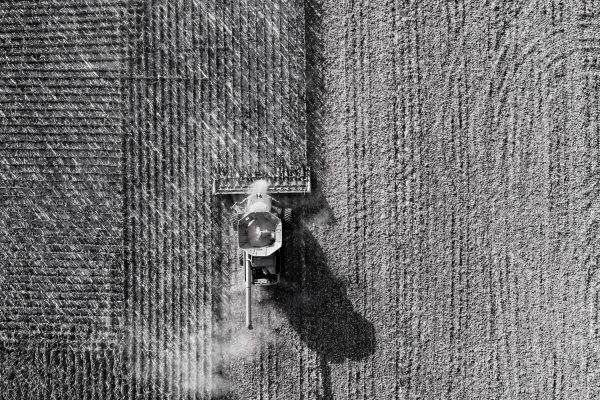Pesticides and GM crops: the facts
We live in a world of instant communication and 24-hour news, where the power of social media alone means any story can be transmitted at the press of a button. Such technology is both exciting and fantastic – yet it holds dangers. Specifically, it has created the phenomenon of fake news, which enables one individual to release a fact, or facts, without any real verification. Essentially, fiction can now become fact.
There has recently been a particular media discussion, if that is the word, about pesticides and their safety. And while such discourse is welcomed, provided it is based upon proper science and evidence, stories and headlines featuring killer pesticides do nobody any good. Indeed, these articles are often accompanied by information far removed from verification and can cause unnecessary fear. In my opinion, nobody would advocate using any product that could prove dangerous, nor would it ever be allowed under national and international regulatory schemes.
If we are to continue to feed an ever-growing population, it is important that those managing our farm land are able to make use of as much advanced technology as possible. Of course, such techniques must not pose a risk to health or the environment, or indeed any other issue, and any risks must be understood and fully covered. Yet we must also be careful not to lose access to techniques or products based upon opinion. Returning to pesticides, how many understand that the approval and regulatory processes involved in bringing a product to market are amongst the strictest in the world? And that such processes are continuously subjected to monitoring? Maybe instead we should all look within our own homes, as many household products are far less scrutinised.
Neonicotinoids are now banned in the UK, and there is no doubt that when used incorrectly at the wrong time they can pose risks to bee populations. But it has to be said that the science behind the decision for a full-scale ban is far from clear. In many areas of the country, cultivation of oil seed rape is now no longer possible due to the intense attack of flea beetles on young crops. The result is, of course, less home-produced cooking oils and more dependence on imports from other parts of the world.
Similarly, debate about genetic modification (GM) needs to be grounded in science and led only by evidence, as opposed to being summarily dismissed as ‘Frankenstein’ food. In essence, GM speeds up existing breeding programmes to produce a more resilient and higher yielding crop – much needed in an ever-growing world, where many die of starvation every day. In actuality, GM technology is widely and successfully practised under proper controls across the world outside of Europe. I emphasise that we should always respect individual views and must never do anything to endanger health or the environment, but the plea is that all such debate and evaluation be based upon science and evidence, rather than opinion.
Ultimately, I recognise that proper control is necessary, not least for the protection of our environment. But I guess my plea is that we evaluate and base our decisions upon science and fact, rather that hype and social media storms. Above all, we must always focus on the fact that land in cultivation continues to diminish, while the population increases – feeding the world is still important and increased productivity is now more essential than ever.







